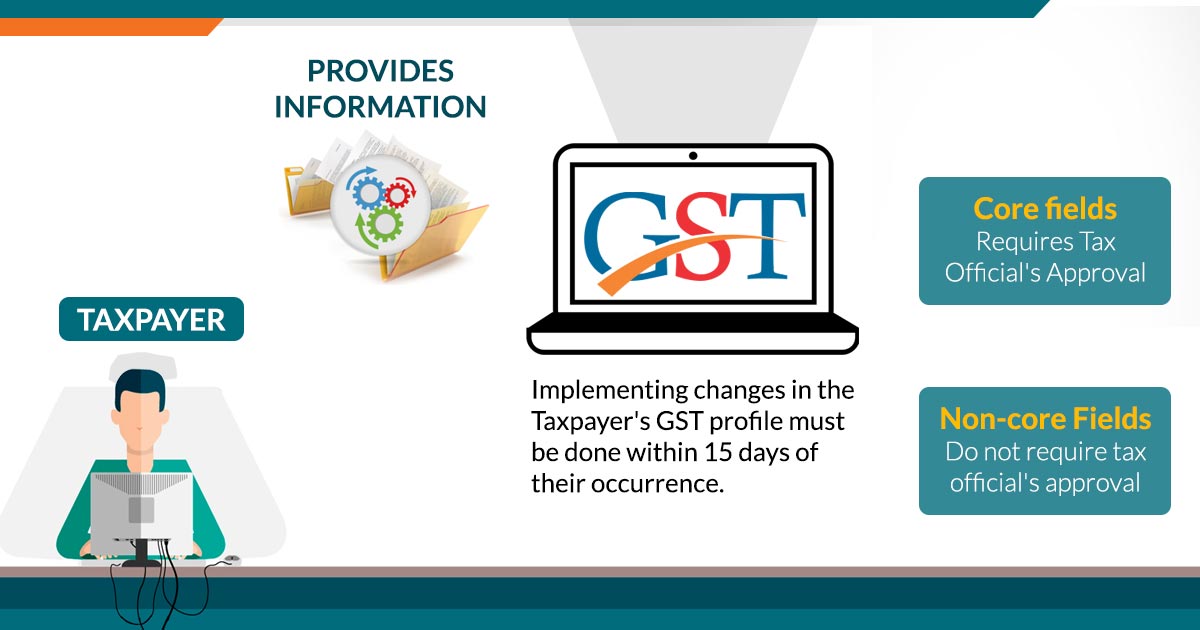Top Tips for a Smooth Singapore GST Registration Experience
The Ultimate Overview to Simplifying the GST Enrollment Refine and Needs for Small Company Owners

Understanding GST Basics
To realize the basics of the Product and Services Tax Obligation (GST) system, little company proprietors should first recognize its underlying effects and principles. Under the GST program, companies are needed to sign up and gather tax on part of the government, making certain transparency and conformity.
One of the vital principles of GST is input tax obligation credit scores, which permits companies to assert credit report for taxes paid on their acquisitions. This device avoids the plunging effect of taxes and advertises efficiency in the tax obligation system. Additionally, GST is a destination-based tax, suggesting that the tax is levied at the factor of consumption rather than the factor of origin. This guarantees reasonable distribution of tax earnings amongst states based on where the services or items are consumed. Comprehending these basic principles is critical for small company proprietors to navigate the complexities of the GST system and make sure compliance with the legislation.
Eligibility Criteria for Registration
Having established a foundational understanding of GST principles, small company owners need to currently satisfy certain eligibility requirements to proceed with the registration process. In India, entities engaged in the supply of goods or solutions with a yearly accumulation turnover exceeding Rs. 40 lakhs (Rs. 10 lakhs for special group states) are called for to sign up for GST. Furthermore, specific companies such as those included in inter-state supply of goods, informal taxed individuals, and those needed to pay tax under the reverse cost device need to register for GST irrespective of their turn over. Moreover, services that were registered under the previous tax regimen (VAT, solution tax, etc) are also mandated to register under GST. However, agricultural services that only provide generate out of like it main production are excluded from GST registration. It is crucial for local business owner to thoroughly analyze their eligibility based upon these requirements to ensure conformity with the law and prevent helpful resources any kind of charges for non-compliance.
Files Needed for GST Registration

Simplified Enrollment Process Steps
Following the collection and confirmation of the requisite files, the enrollment procedure for GST can be browsed via a collection of simplified steps developed to assist in reliable conformity for tiny business owners. Upon successful verification, an Application Recommendation Number (ARN) is provided, suggesting the conclusion of the GST enrollment procedure. By adhering to these streamlined actions, tiny organization proprietors can properly sign up for GST and ensure compliance with tax obligation regulations.
Tips for Ensuring Compliance
To maintain governing adherence and functional honesty, attentive oversight and aggressive actions are crucial in making certain conformity with GST demands for small company owners. Local business owners must remain upgraded with GST guidelines, filing deadlines, and any adjustments in tax obligation rates to avoid fines and keep a great standing with tax authorities. One necessary suggestion for compliance is to maintain detailed and exact documents of all transactions, consisting of costs, invoices, and invoices associated with GST. Consistently resolving financial documents with GST returns can aid in determining and rectifying any type of discrepancies quickly. In addition, carrying out routine internal audits or seeking specialist support can make certain that the company is adhering to all GST rules properly. It is additionally essential for small company owners to invest in GST-compliant audit software that can enhance the tax obligation filing process and reduce mistakes. Last but not least, attending GST understanding workshops or training programs can improve understanding and conformity with GST regulations, ultimately benefiting the service in the long run.
Verdict
To conclude, small company proprietors need to comprehend the basics of GST, meet the qualification standards, gather required files, and go to website comply with the streamlined registration process actions to make sure compliance. By streamlining the GST enrollment process and requirements, small company owners can stay clear of fines and operate their businesses efficiently within the legal framework - Singapore GST Registration. It is crucial for local business owners to remain certified and educated with GST regulations to preserve a successful organization procedure
Little business proprietors seeking GST enrollment should guarantee they gather and submit the essential papers to complete the enrollment process successfully. The files needed for GST registration typically consist of proof of service registration or unification, PAN (Irreversible Account Number) card of the company entity, address and identity proof of the promoters/partners/directors, photos, address proof of the place of service, financial institution account statements or terminated cheques, and consent forms. Participating in GST awareness workshops or training programs can improve understanding and conformity with GST regulations, eventually profiting the business in the long run.
By streamlining the GST enrollment procedure and requirements, little organization owners can avoid charges and run their services efficiently within the lawful structure. It is essential for little organization owners to stay compliant and educated with GST laws to maintain a successful company procedure.